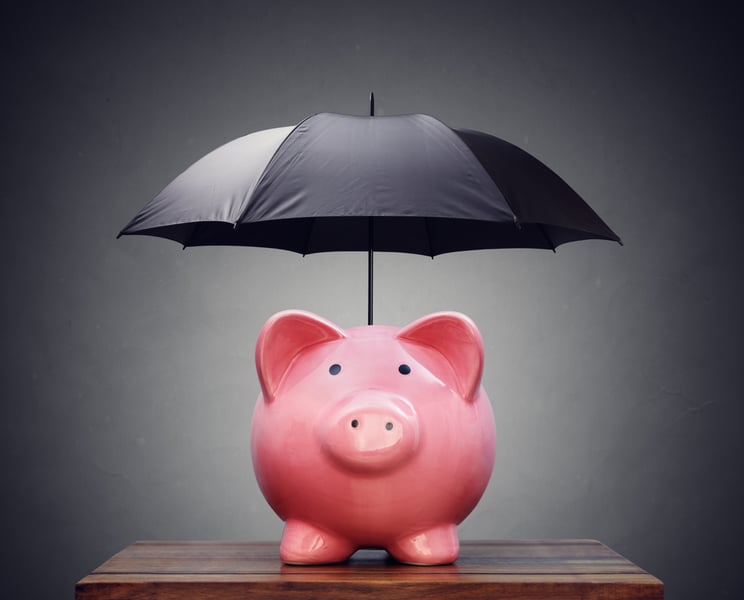An estimated 8.3 million uninsured adults are now considering income protection, according to LV=.

An estimated 8.3 million uninsured adults are now considering income protection, according to LV=.
The LV= Wealth and Wellbeing Monitor reveals that 48%, or 8.3 million, 25-44 year olds are looking protect their earnings and 40% with no life cover are considering life assurance.
As well as this, 7% of 25-44 year olds surveyed had acquired a protection product in the past three months.
However, 19% without income protection said they have never heard of income protection insurance, and 14% without life cover are unaware of life assurance.
Those aged between 25-44 are more likely than older age groups to be struggling with the financial repercussions of the second coronavirus lockdown, noted LV=.
The research shows that 44% said their finances were worse than three months ago, compared to 36% of UK adults.
And 30% of 25-44 year olds expect their finances to worsen over the next three months, compared to 26% of UK adults.
Debbie Kennedy, protection director at LV=, said: “The pandemic, lockdowns and furlough has caused a huge amount of financial damage to millions of households who are worried about maintaining a steady income.
“The challenges of the coronavirus pandemic and further lockdowns have forced people to re-evaluate their priorities and spending habits to tackle short-term instability.
“People are now more aware of the vital importance of their income and the vulnerability of their finances.
“It is encouraging to see more people interested in protecting their income, and how this is becoming more important than traditional life insurance for younger people.
“As a leading income protection provider, LV= continues to promote the importance of protecting income through our own efforts, through collective action with the Income Protection Task Force and by supporting financial advisers.
“We should be educating the wider public as an industry about protecting income and the added benefits included when taking out a protection policy, going the extra mile to provide financial and emotional support to those that need it.”



